What’s the Buzz
The Bee Healthy Blog
What to Eat for Lower Cholesterol
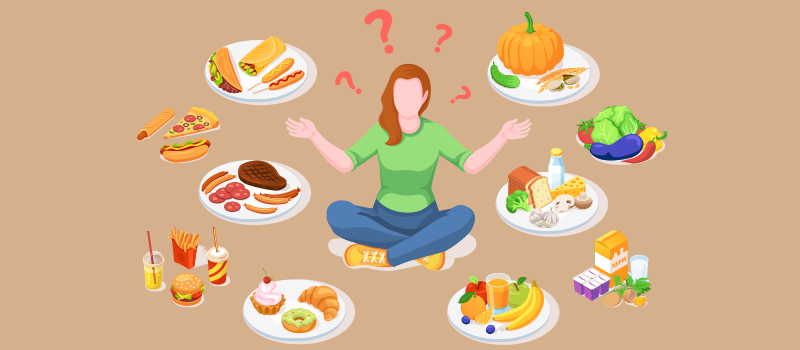
High cholesterol is associated with an increased risk of cardiovascular disease, including coronary heart disease, heart attack, stroke, and peripheral vascular disease. It is also linked to diabetes and high blood pressure.
Lowering LDL cholesterol (bad cholesterol), total cholesterol, and triglycerides and raising the levels of HDL cholesterol (good cholesterol) can reduce your risk of cardiovascular disease and other serious health complications.
One factor that plays a key role in unhealthy cholesterol levels is a poor diet. Please continue reading to learn more about what foods to avoid and what foods to eat as part of a cholesterol-lowering diet.
What reduces cholesterol quickly?
Several safe and effective medications can lower blood cholesterol levels within 2-4 weeks. However, a heart-healthy diet and lifestyle changes are always the first line of defense against high cholesterol. Medications to lower cholesterol levels are prescribed only when diet and exercise are not enough.
What reduces cholesterol quickly naturally?
There is no magic pill that can reduce LDL cholesterol overnight. To lower your risk of heart disease and cardiovascular disease, you should eat a low cholesterol diet. Even with dietary changes, it can take several months before you see an improvement in your cholesterol numbers.
Lowering cholesterol also requires participation in regular physical activity. Overweight and obese adults should attempt to lose weight to reduce blood pressure, lower heart disease risk, and get long-term heart health benefits.
What to eat to lower cholesterol?
Several foods help to lower cholesterol in different ways. Some foods contain soluble fiber, which binds to cholesterol in the digestive tract and removes it from the body before entering the circulation system. Other foods contain polyunsaturated fatty acids, which help to lower LDL cholesterol levels. Foods that contain plant sterols and stanols stop the body from absorbing cholesterol.
Making a few simple changes to your diet and engaging in regular exercise are healthy habits that can lower your cholesterol as well as your risk of heart disease and stroke. A heart-healthy Mediterranean diet is recommended. Here are some foods to include in a cholesterol-lowering diet.
High-fiber foods
Foods like oatmeal, oat bran, barley, whole grains, kidney beans, Brussels sprouts, eggplant, okra, pears, and apples contain soluble fiber, which reduces the absorption of low-density lipoprotein (LDL) or “bad cholesterol” into the body.
Your aim should be to include at least 5-10 grams of soluble fiber in your diet each day. One serving of oatmeal breakfast cereal gives you 3-4 grams. Adding fruit to your cereal, like berries or a banana, will give you even more fiber.
Current guidelines recommend eating 20-35 grams of fiber a day, of which 5-10 grams should be soluble fiber. The average American diet contains half this amount.
If you feel like you’re not getting enough fiber from your diet, talk to your healthcare provider about adding a fiber supplement, such as psyllium (Metamucil) and other bulk-forming laxatives.
Omega-3 fatty acids
Fatty fish contain high omega-3 fatty acids that can lower triglyceride levels (a type of fat found in the blood). They can also lower blood pressure and reduce your risk of developing blood clots. However, omega-3 fatty acids don't affect LDL cholesterol levels.
The American Heart Association (AHA) recommends eating 2-3 servings of fatty fish every week. This includes tuna, salmon, herring, mackerel, and trout. Remember that baking and grilling are good ways to maintain a moderate-fat diet and avoid unhealthy fats in fish dishes.
Other foods that contain small amounts of omega-3 fatty acids include walnuts, canola oil, and flaxseed. You can also talk to your doctor about taking omega-3 fish oil supplements.
Nuts
Almonds, walnuts, peanuts, and other tree nuts can help to lower blood cholesterol and reduce your risk of heart disease. Remember, nuts are high in calories, so limit yourself to a handful by adding them to a salad or eating them as a snack. Eating 2 ounces of nuts a day can lower cholesterol by around 5%.
Extra virgin olive oil and vegetable oils
Olive oil is rich in monounsaturated fatty acids (MUFAs). Substituting olive oil for saturated fat can help to lower cholesterol. Liquid vegetable oils like sunflower, canola, and safflower are preferable to lard, butter, or shortening and can help lower LDL.
Avocados
Avocados are a good source of monounsaturated fats and other nutrients. Eating avocados can help improve LDL cholesterol levels in overweight or obese adults. However, it’s important to avoid eating high-fat chips with guacamole made from avocados. Instead, add avocado to salads and sandwiches or eat them with raw vegetables like cucumber to get their health benefits.
Foods with plant sterols or stanols
Plant foods that contain sterols and stanols stop the absorption of cholesterol and benefit heart health. Examples of foods fortified with plant sterols and stanols include margarine, chocolate, granola bars, and orange juice. Studies have found that adding 2 grams of plant sterol to your diet every day can lower LDL cholesterol by 5 to 15 percent.
Whey protein
Whey protein in dairy products can lower LDL levels, total cholesterol, and blood pressure. It is available as a supplement in health food stores.
Soy
Soybeans and other soy foods, such as soy milk and tofu, are effective in lowering cholesterol. Eating 25 grams of soy protein a day can lower LDL by around 5%.
Garlic
Randomized controlled trials have shown that garlic lowers blood pressure and can also decrease total cholesterol, LDL cholesterol, and triglyceride levels. Consuming half to one clove of garlic every day can lower cholesterol levels by approximately 10%
What fruits can lower cholesterol?
Apples, grapes, strawberries, berries, bananas, and citrus fruits contain soluble fiber that can help lower LDL.
What should you not eat when you have high cholesterol?
One of the most important things you can do to lower cholesterol is to limit saturated and trans fats in your diet.
Saturated fats are found in meat and full-fat dairy products. You should aim to limit your intake of saturated fats to less than 7 percent of your total daily caloric intake — this can help to lower your LDL cholesterol by up to 10 percent.
Trans fats are often mentioned on food labels as partially hydrogenated vegetable oils. They are commonly found in packaged snacks and desserts like cakes, crackers, and cookies. The Food and Drug Administration has banned the use of partially hydrogenated vegetable oils in the US since 2021.
Wrapping Up
A Mediterranean diet that includes fresh fruits and vegetables, whole grains, healthy fats, olive oil, and foods high in dietary fiber is one of the most effective ways to lower cholesterol. This type of diet has many health benefits, including heart-protective benefits. When combined with a therapeutic lifestyle consisting of regular physical activity, it can decrease the risk of metabolic syndrome and cardiovascular disease.
References:
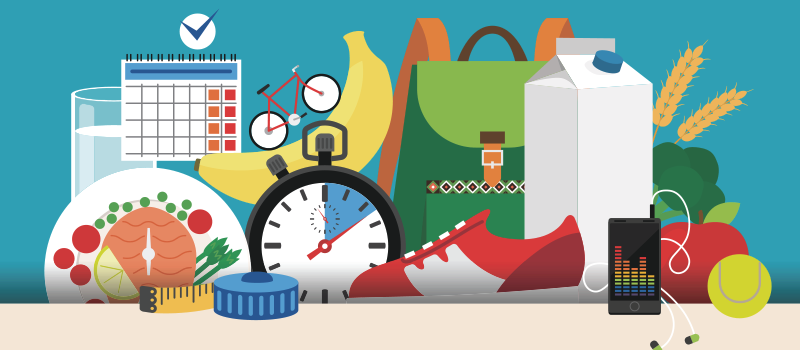
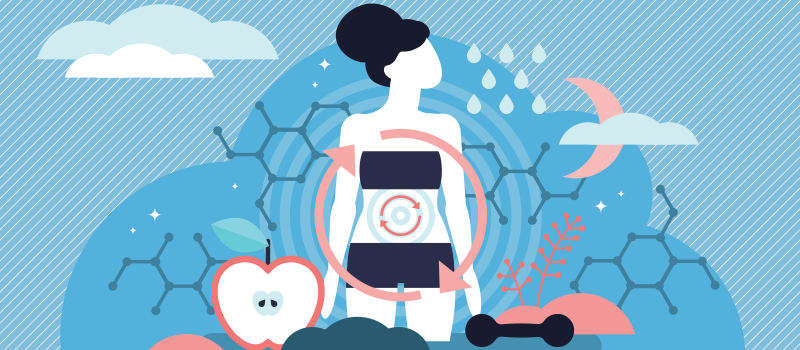


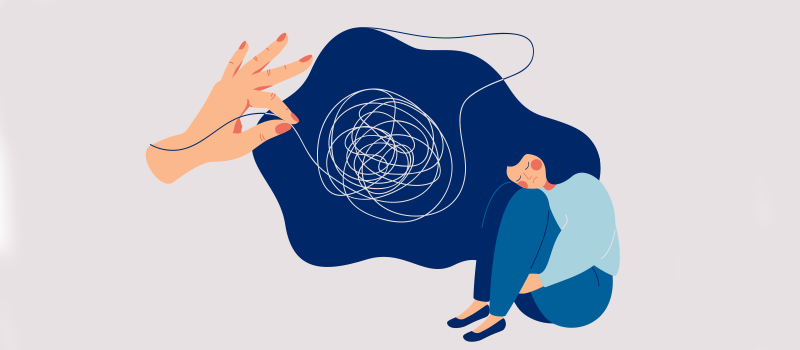


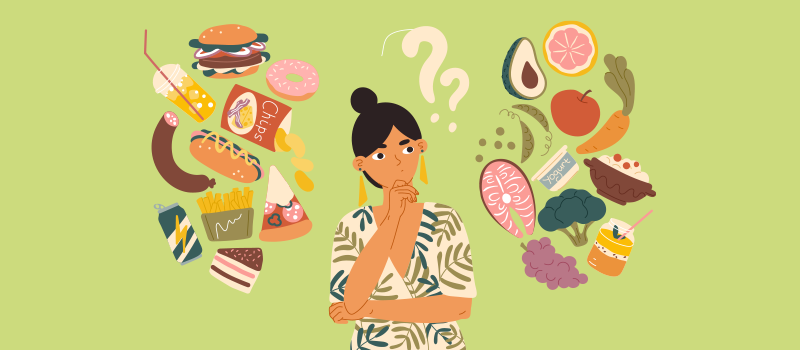

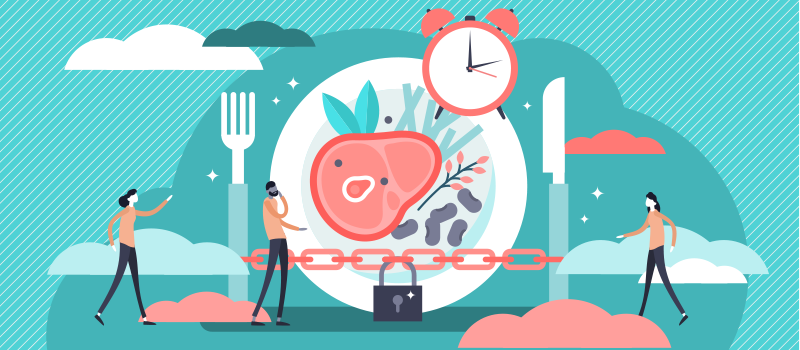

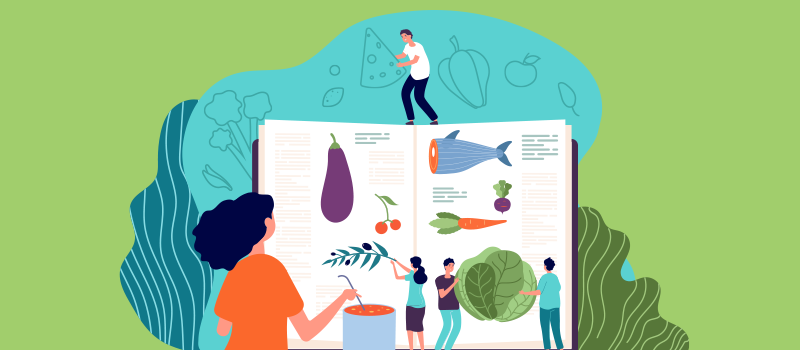
SOCIAL